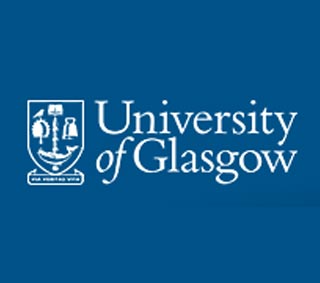
Caffeine toxicity manifested itself by means of headaches, chest pain, anxiety, elevated heart rate and abdominal cramps. In the lab analysis, single-shot espresso coffees consumed across 20 commercial shops in Glasgow seemed to comprise varying amounts of caffeine from 51mg to 322mg. Almost 4 of the coffees trialed apparently constituted more than 200mg of caffeine.
Professor Alan Crozier of the University of Glasgow’s School of Medicine, who led the research, remarked, “The variations in the amount of caffeine reflect differences in the batch-to-batch bean composition, roasting procedures, grinding conditions and the many variables in the coffee-making process such as water temperature and the ratio of water to coffee.”
The team believed that the hazardous effect of caffeine differed from person to person, but pregnant women, young kids, liver disease patients and oral contraceptive users were supposedly more vulnerable. This was presumably because the responsiveness to caffeine rose to 30 hours for these people.
Pregnant women whose coffee intake was considerably high also appeared to be at greater risk of giving birth to low-weight infants and babies encountering heath problems such as high blood pressure or diabetes at a later stage of life.
The article titled ‘Espresso coffees, caffeine and chlorogenic acid intake: potential health implications’, is published in the Royal Society of Chemistry’s website.
